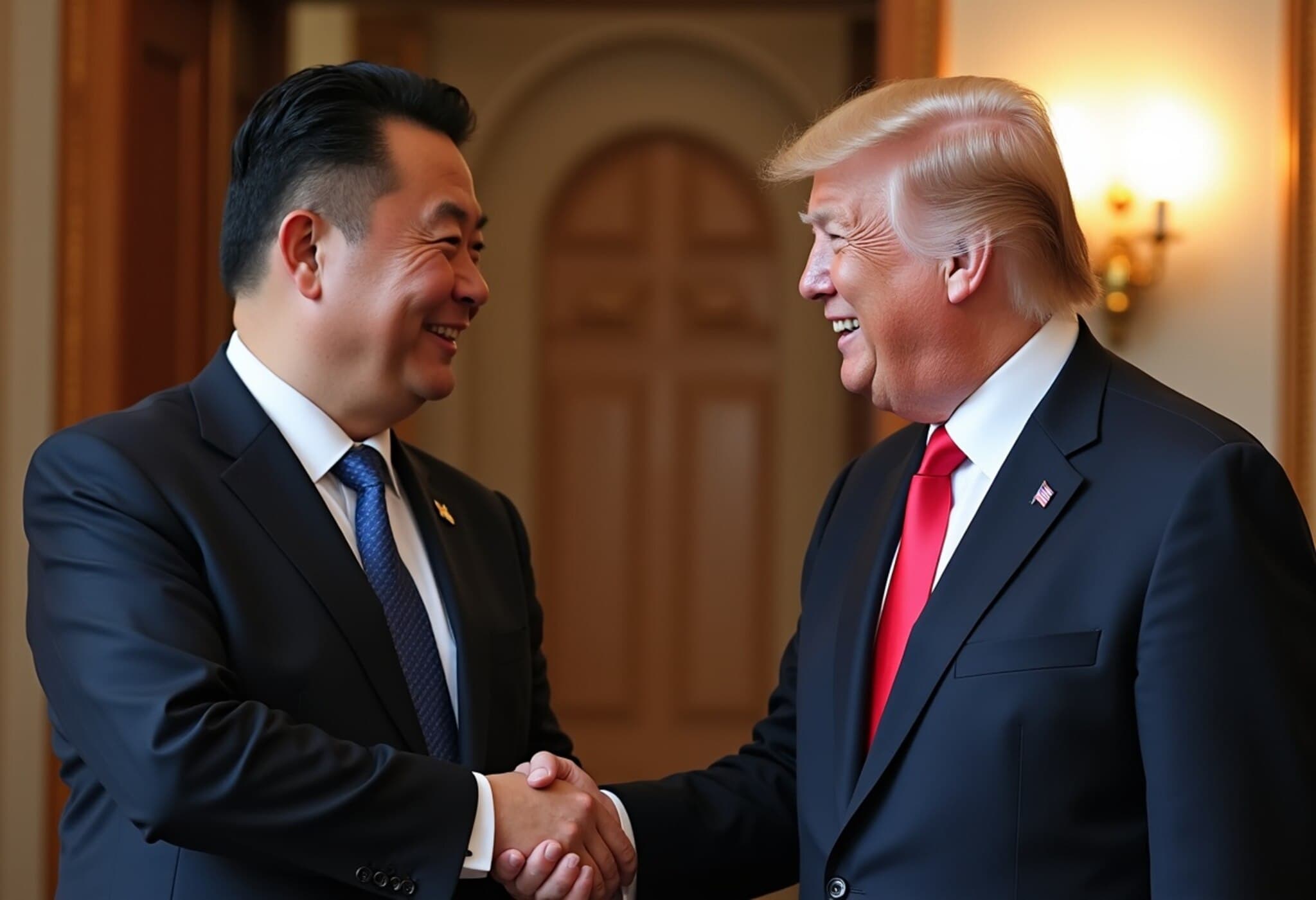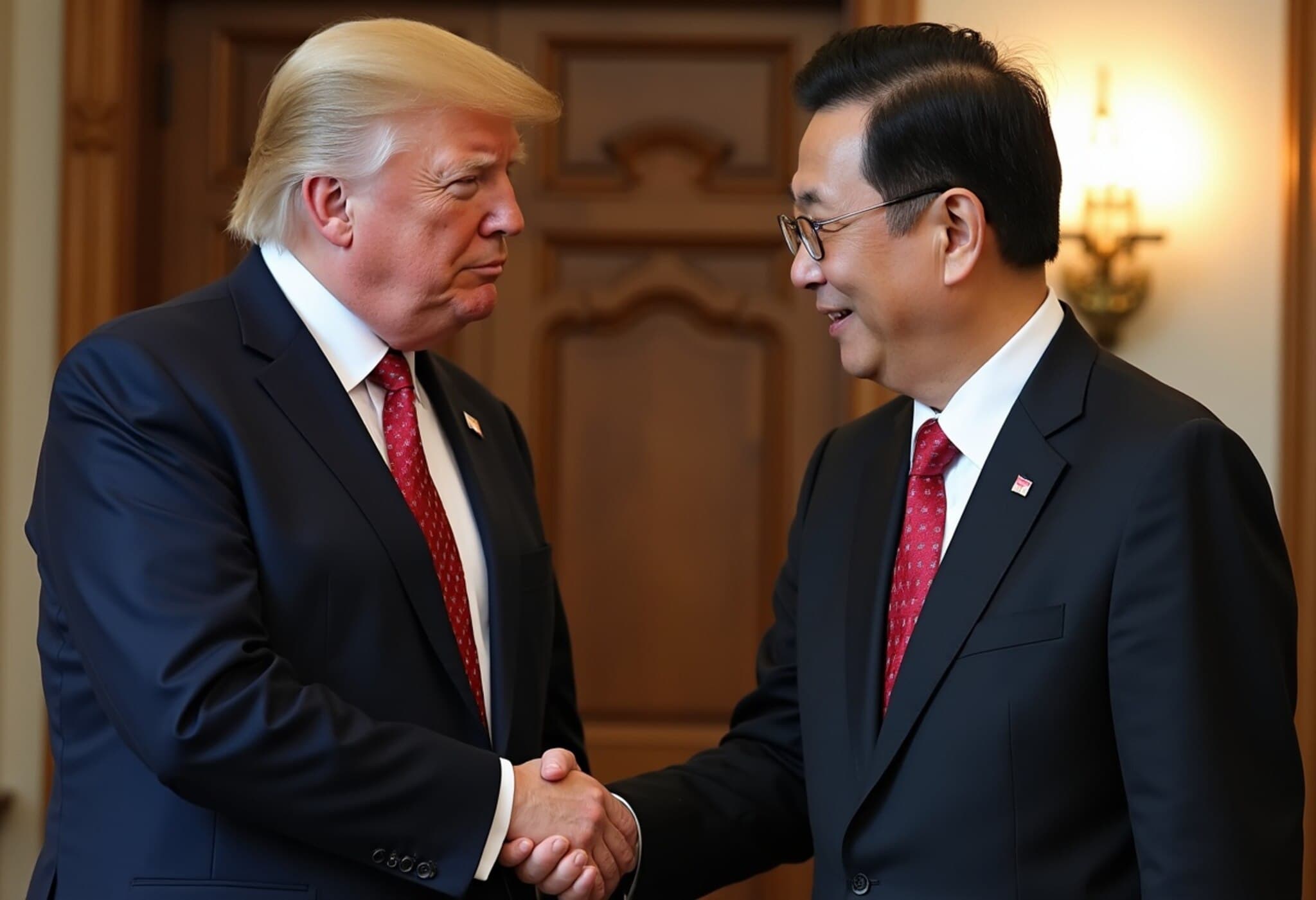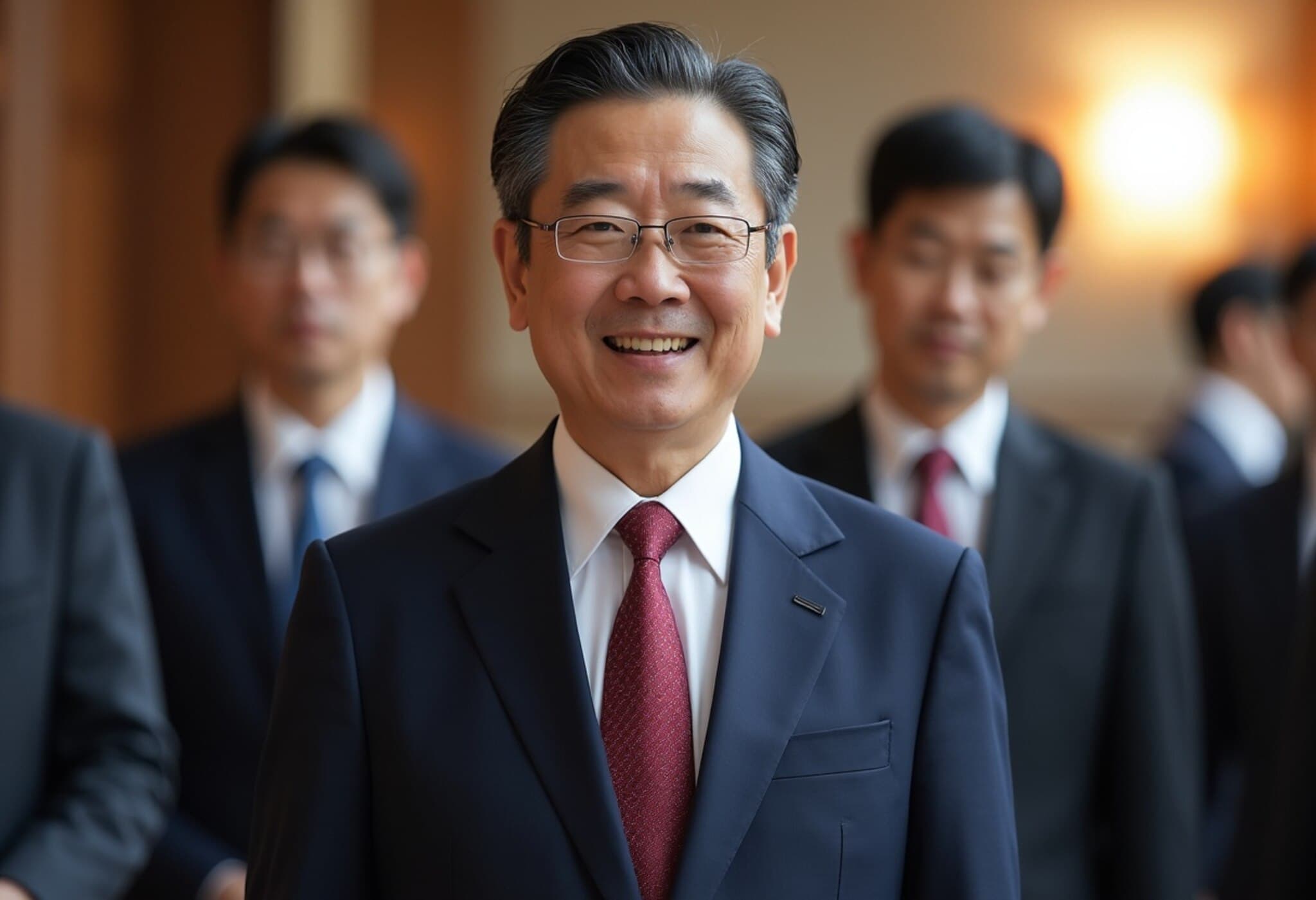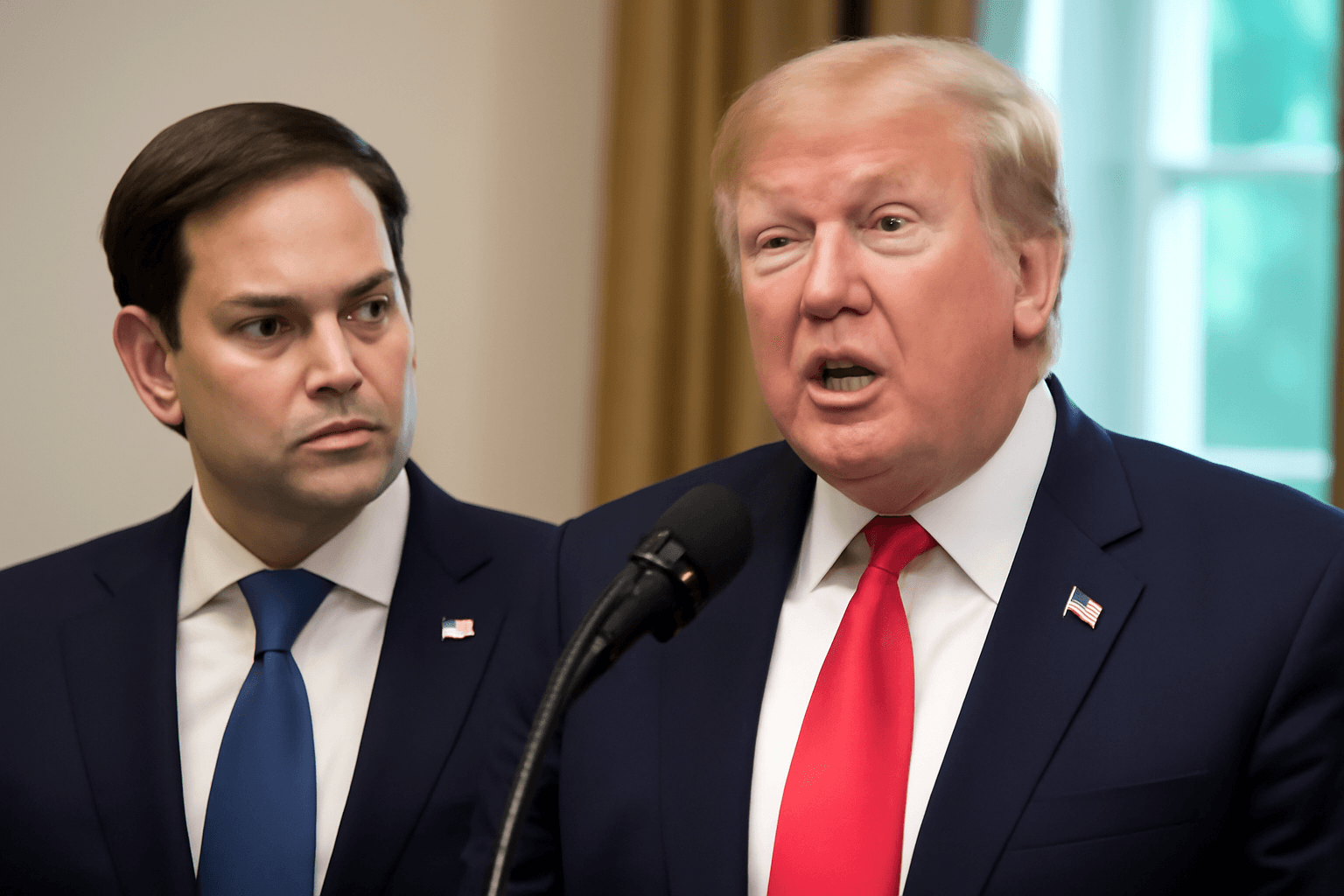South Korea's Bold Step Toward AI Sovereignty
In a decisive move to position itself as a global leader in artificial intelligence, South Korea has commissioned its leading technology companies and innovative startups to develop a national foundational AI model, primarily built on domestic technologies. This strategic initiative aims to establish South Korea as a formidable alternative to the dominant AI powerhouses, the United States and China.
Building a Homegrown AI Ecosystem
The Ministry of Science and ICT (MSIT) has endorsed five consortia comprised of some of South Korea’s most influential corporations, including telecom giant SK Telecom, gaming powerhouse Krafton, and major players such as LG and Naver. Each consortium is tasked with developing AI models leveraging South Korea’s strengths, ranging from advanced semiconductors to cutting-edge software solutions.
Kim Taeyoon, head of SK Telecom’s foundation model office and leader of its consortium, emphasized, “South Korea stands at a critical technological crossroads. By investing at a national level, we are planting the seeds to build competitive AI capabilities that harness our domestic innovation and expertise.”
Unpacking South Korea’s Competitive Edge
- Semiconductor Excellence: Home-grown companies like SK Hynix and Samsung dominate memory chip manufacturing, which is vital for powering AI computations.
- Telecom Infrastructure: SK Telecom’s expanding data centers and AI chip development firm Rebellions offer critical infrastructure for AI model training and deployment.
- Comprehensive AI Stack: From chip fabrication and cloud computing to deep AI research and patent development, South Korea covers all the technological layers.
Nick Patience, AI practice lead at The Futurum Group, remarked, “South Korea is uniquely positioned with an end-to-end AI stack, supported by a vibrant community of AI researchers producing cutting-edge innovations.”
The Road Ahead: Developing and Deploying National AI Models
SK Telecom, no stranger to AI innovation, launched its own large language model, A. (“A dot”), in 2022, and continues to refine its technology. The consortium plans to roll out their first national model by year-end, with a focus initially rooted in domestic applications but possessing potential global reach.
Significantly, the model will be open-source—allowing developers across industries to access, tailor, and build upon it. This open approach may accelerate innovation while lowering barriers for South Korean businesses to embrace AI without dependency on foreign-based tech giants.
Challenges in Competing on the Global Stage
Despite their solid track record, these South Korean consortia face stiff competition from well-funded, internationally renowned AI labs such as OpenAI and Anthropic. The primary hurdles include:
- Securing developer adoption: Success often hinges on a vibrant ecosystem of third-party developers enhancing and expanding the AI model.
- Balancing innovation speed: Frontier AI labs pour billions into R&D, creating rapidly evolving baselines their rivals must chase.
Kim underscores their ambition: “We aim to deliver state-of-the-art open-source AI models that match or exceed the performance of leading global players.” Models of varying complexities and scales will target diverse sectors, from healthcare to finance.
Strategic Importance of AI Sovereignty
South Korea’s AI ambitions reflect a growing global trend emphasizing “sovereign AI” — the development and operation of AI systems within national borders to safeguard strategic interests. With AI increasingly entwined in critical infrastructures like defense, healthcare, and finance, governments are wary of ceding control to foreign technologies.
Patience explains, “As the U.S. and China vie for AI supremacy, nations recognize the risks of depending on external AI providers. South Korea’s initiative is about more than technology; it’s about national security, economic independence, and technological leadership.”
Looking Beyond Borders: Export Potential and Global Influence
Beyond strengthening domestic capabilities, South Korea’s AI model project carries substantial export potential. Drawing parallels with its global leadership in memory chips, Korea’s sovereign AI models could attract countries seeking alternatives to U.S. or Chinese AI platforms, reinforcing Seoul’s foothold in the international technology landscape.
Conclusion
South Korea’s national AI model initiative represents a visionary leap towards technological sovereignty in an era dominated by AI superpowers. By leveraging its semiconductor prowess, telecom infrastructure, and research talent, the country aims to carve out its own niche on the global AI stage. The open-source strategy promises to democratize AI access domestically, while also potentially offering a competitive, sovereign alternative worldwide.
Editor’s Note:
South Korea’s initiative sparks critical reflection on the balance between global AI collaboration and national sovereignty. As AI becomes embedded in vital societal sectors, how will nations navigate security, innovation, and openness? Will sovereign AI models spur a more diversified global AI ecosystem or further fragment it? Observers should monitor how South Korea’s approach influences global AI governance and market dynamics moving forward.



















